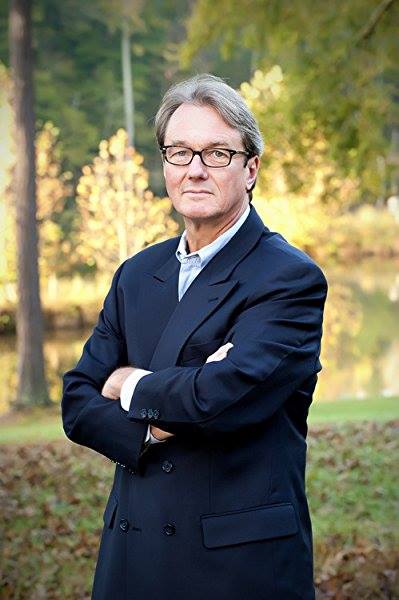|
The vote was "No." Scotland will remain a part of the United Kingdom....for now.
55%, mostly comprised of elder Scots, chose the comfort of union to the challenges of independence. The majority of young Scots, however, were in favor of independence, suggesting that the future may hold a different outcome. This spirit of devolution is alive and, in this author's opinion, growing. Juggernaut centralized governments that now control the world also have the power to destroy it. The leaders of these nations spend their days in a dizzying froth, the aim of which is keeping power centralized and in the hands of the few, leaving little or no time to focus on the needs of those they ostensibly serve--the People. The most successful governments, on the other hand, are small city-states, nations, and geographical entities that have remained on the human scale. Ideology underlying these political structures seems to be unimportant. It is the size of the political unit that makes it successful, not its politics. Take the nation which claims to be the oldest on earth as example. Tiny San Marino, nestled within the borders of Italy, was founded in 301. It has continuously survived and prospered on a postage stamp area covering a mere 24 square acres for over 1,700 years, while most people do not know it even exists. According to Wikipedia, "It is one of the wealthiest countries in the world in terms of GDP (per capita), with a figure comparable to the most developed European regions. San Marino is considered to have a highly stable economy, with one of the lowest unemployment rates in Europe, no national debt and a budget surplus." Its government? Communist, but that is certainly not why it has been so successful. Power is devolved and shared. If a problem arises, people sit down with people and work it out. Prefer a monarchy? Not a problem. Liechtenstein has survived centuries under such a government successfully, not because monarchy is necessarily a good form of rule, but because the geographical region of Liechtenstein is small and leadership of any kind must restrain itself. If a citizen of Liechtenstein seeks an audience with His Serene Highness the Prince Sovereign, Bearer of Many Exalted Orders and Defender of Many Exalted Things to discuss a problem, he or she simply rings the bell at the castle gate and is seen by the Prince. Prefer capitalism? Also not a problem, as long as the geographical area is of human scale and power is decentralized. The tiny capitalist democracy of Andorra, nestled between Spain and France, has led a healthy and virtually undisturbed existence since the rule of Charlemagne. Its people know no hunger or poverty, and they live in peace. The standard of living is high and equitably distributed, indicating that capitalism is not the world's problem today, but rather the centralization of power on a large scale, where it can be bought and controlled. Size does matter. All three of these minuscule nations are listed in the 2014 Economist Magazine's highest GDP per head ranking, as are the other city states and lightly governed countries of the world. Communist San Marino, Monarchical Liechtenstein, and Capitalist Andorra can also be found in the index of nations having the highest purchasing power. This is not accidental. By keeping governments restrained, not overly powerful, and on a human scale, we might not only survive this next century as a species, but enjoy doing it. Scotland is a harbinger of things to come. Biggie-sized governments covering geographical areas or populations beyond a reasonable scale will begin to implode over the course of the next century. Power will soon devolve to more local control with smaller political units in the wiser nations that come to grips with the negative reality of centralized power. Our world will be a safer and more equitable place as a result. Viva la devolution! Howell Woltz
0 Comments
Leave a Reply. |
AuthorBorn in North Carolina and educated at the University of Virginia, Wake Forest University and Caledonian University in Scotland, Howell now lives in Warsaw, Poland with his wife, Dr. Magdalena Iwaniec-Woltz. Howell is the European Correspondent for The Richardson Post and Chairman of The International Centre for Justice. Archives
December 2019
Categories
All
|

 RSS Feed
RSS Feed
